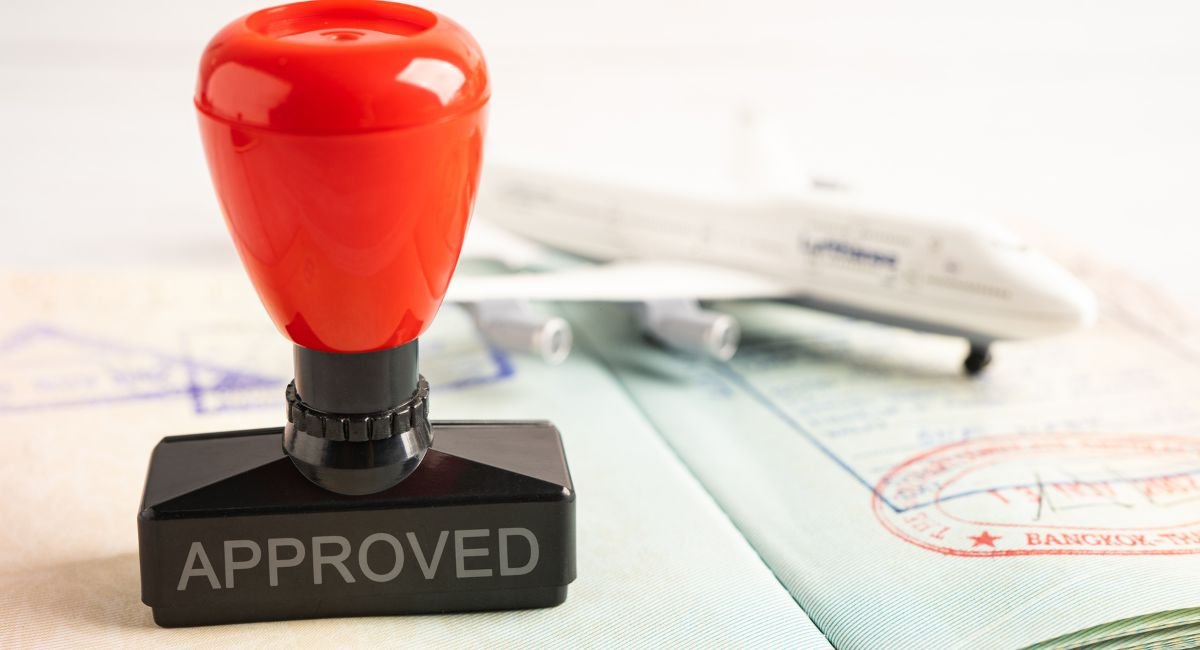
Understanding the Eligibility Criteria for Canada’s Emergency Visa
Emergencies can arise unexpectedly, disrupting lives and plans in significant ways. Whether it’s a family crisis, a medical necessity, or other urgent situations, access to a visa can make all the difference. Canada’s emergency visa, also known as the Temporary Resident Visa (TRV) under exceptional circumstances, is specifically designed to address these urgent needs. However, understanding the eligibility criteria is key to ensuring a successful application process. This guide will explore all the factors that determine eligibility, providing clarity to those seeking timely access to Canada.
What is a Canada Emergency Visa?
A Canada emergency visa is a fast-tracked visa designed to assist individuals in urgent situations. Unlike the regular visa process, which can sometimes take weeks or even months to complete, the emergency visa operates on an accelerated timeline to address critical needs. This visa allows individuals to enter Canada temporarily for purposes such as attending to medical emergencies, handling family situations, or supporting critical business activities. However, despite the expedited processing, applicants must still meet a specific set of criteria to qualify. TOURIST VISA FOR CANADA.
The emergency visa is not a separate visa category but rather a priority processing measure within the existing Temporary Resident Visa framework. While this is a beneficial pathway, it’s important to remember that urgency alone is not enough to guarantee approval. Applicants must clearly demonstrate the nature of their emergency and that they meet standard TRV requirements alongside these additional considerations.
Demonstrating an Urgent and Genuine Need to Travel
At the heart of the eligibility criteria for Canada’s emergency visa is the need to demonstrate that your situation is truly urgent and valid. The Canadian visa office will carefully assess whether your reason for travel meets the threshold for emergency processing. Some of the most common reasons deemed urgent include attending to critically ill family members, attending a funeral of an immediate relative, or receiving urgent medical treatment that is unavailable in your home country.
To meet this requirement, applicants must supply detailed and credible evidence to support their claim. For instance, if you’re traveling due to a medical emergency, you’ll need to submit documents such as a physician’s letter, hospital records, or a treatment plan. If your emergency is family-related, such as a funeral, proof of the relationship along with official documentation, such as a death certificate, will be needed. Without substantiating your case with valid documentation, it’s unlikely that your application will be given priority.
Proof of Financial Stability
Even in emergency situations, applicants need to show that they have the financial resources to support themselves during their stay in Canada. This is a standard criterion for Temporary Resident Visa applications, but it applies just as rigorously to cases requesting emergency processing. Canadian authorities need reassurance that granting you a visa will not impose a financial burden on the country.
Applicants may be required to provide bank statements, proof of employment, or an affidavit of support from a sponsor who is willing to cover the expenses. You’ll also need to demonstrate that you can afford your travel expenses, including a return ticket, accommodations, and day-to-day living costs. If you are seeking medical treatment, evidence of how these costs will be covered, whether through personal funds or medical insurance, is crucial. The goal here is to show that you are financially prepared for the trip and that you will not become reliant on government assistance during your stay.
Evidence of Ties to Your Home Country
One of the fundamental eligibility requirements for any temporary visa, including the emergency visa, is proof that you intend to return to your home country after your urgent situation has been addressed. Canadian immigration authorities look for strong ties to your home country as a way to ensure that your stay in Canada will not turn into a permanent relocation. EMERGENCY VISA FOR CANADA.
Strong ties could come in the form of employment commitments, property ownership, family obligations, or educational enrollment. These factors demonstrate that you have a compelling reason to return home once your purpose for visiting Canada has been fulfilled. For example, if you own a business or are employed, providing documentation like a letter from your employer or proof of your company ownership can underscore your intent to leave Canada after your emergency has resolved. Clear and detailed evidence of these connections is vital to strengthening your case.
Compliance with Legal and Immigration Requirements
Apart from proving urgent need, financial stability, and ties to your home country, applicants must adhere to Canada’s legal and immigration requirements. This includes being in good health, maintaining a clean criminal record, and complying with any previous visa conditions if you’ve traveled to Canada before.
A medical examination may be required for certain applicants, especially if you’re traveling from a country with heightened health risks. Additionally, if you’ve been denied a visa or have overstayed a previous visit to Canada, this could complicate your emergency visa application. To overcome any previous immigration issues, you may need to provide additional explanations or assurances that you will comply with visa regulations during your emergency visit.
It’s also crucial to ensure that your passport is valid and that all the information in your application is accurate and complete. Discrepancies or omissions can lead to delays, which you want to avoid in time-sensitive cases. Accuracy and honesty are essential in expediting your application.
How the Application Process Works
Understanding the eligibility criteria is one thing, but knowing how to apply effectively is just as important. Applications for emergency visas follow the same general procedure as other Temporary Resident Visas but with a special request for priority consideration.
When submitting your application, it’s necessary to indicate that the processing needs to be expedited. This must be accompanied by a compelling explanation of your circumstances, supported by the relevant documentation. If you’re applying online, there’s usually a “request priority processing” option where you can outline your emergency.
Another critical step is contacting the Canadian visa office in your region. Since emergency processing is handled on a case-by-case basis, direct communication with immigration officials can ensure that your application gets the urgent attention it requires. Prepare all required forms, fees, and documentation to avoid unnecessary setbacks.
Common Reasons for Denial
Despite the expedited nature of an emergency visa, not all applications are approved. Common reasons for denial include insufficient documentation to prove the emergency, a lack of financial resources, incomplete applications, or failure to meet standard visa eligibility requirements. To avoid this, ensure that you provide clear, credible, and detailed evidence to support every aspect of your application.
It’s also critical to provide consistent information across all supporting documents. Any contradictions, however minor, can result in delays or outright rejection. If your application is denied, you may have the option to appeal or reapply, but this process takes time and may not meet the urgency of your needs.
Tips for a Successful Application
Given the high stakes involved in an emergency visa request, preparation is key. First, gather all necessary documents before submitting your application to avoid delays. Double-check your forms for accuracy and completeness to prevent mistakes from hindering your case.
Plan ahead for contingencies, such as delays in acquiring certain documents like medical records or employer letters. Communicate early with Canadian immigration officials and, if needed, enlist the help of a legal advisor who specializes in immigration law. Their expertise can clarify complex aspects and help maximize your chances of approval.
Final Thoughts
Canada’s emergency visa process is designed to address genuine and critical needs, but eligibility depends on meeting specific and often demanding criteria. By fully understanding the requirements—ranging from proving the urgency of your situation to demonstrating financial stability, ties to your home country, and compliance with immigration rules—you can improve your chances of obtaining this fast-tracked visa.
Emergencies are unpredictable, but with the right preparation and documentation, you can successfully navigate the application process, ensuring you’re able to respond promptly to critical situations in Canada.


